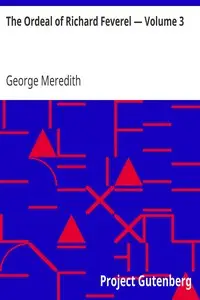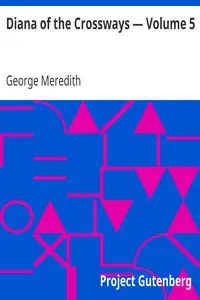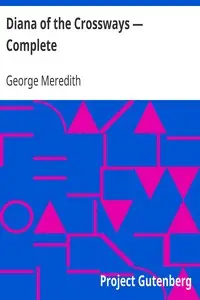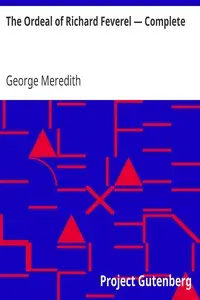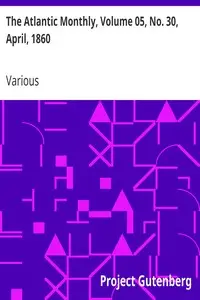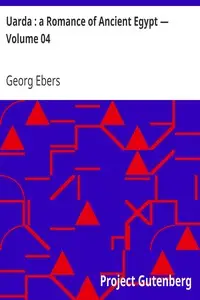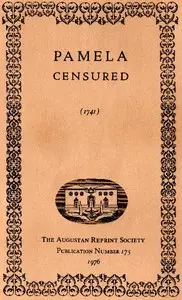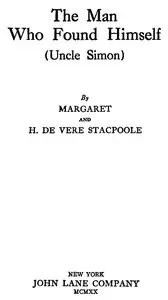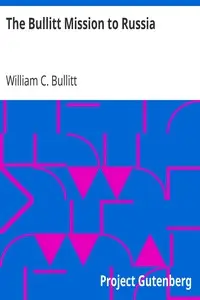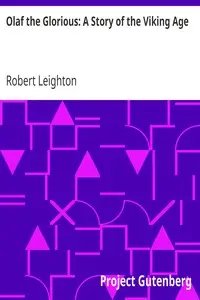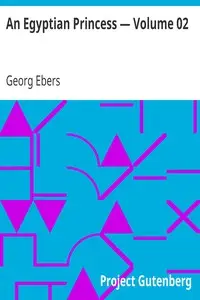"Vittoria — Volume 8" by George Meredith is a fictional novel that appears to have been written during the late 19th century. The narrative largely revolves around themes of love, betrayal, and political intrigue set against a historical backdrop of tensions in Italy, particularly as characters navigate their emotions amidst political unrest. The character of Wilfrid, along with others like Weisspriess and Vittoria, grapples with complex feelings woven into their relationships against the turmoil of war and societal duty. The opening of the book introduces a tense atmosphere as Weisspriess and Wilfrid journey toward Milan while contemplating their roles in the ongoing conflict, expressing a desire to leave Italy for Hungary. Their interaction highlights the burdens of duty and unfulfilled love, particularly as Wilfrid is reminded of Vittoria’s marriage and the emotional turmoil it brings him. The narrative further delves into a clandestine meeting involving Wilfrid, a young Hungarian officer, and a woman of significance, adding layers of intrigue and danger to the unfolding saga. As the characters face threats and desires, the story sets the stage for profound explorations of loyalty, identity, and the personal costs of political engagement. (This is an automatically generated summary.)

Vittoria — Volume 8
By George Meredith
"Vittoria — Volume 8" by George Meredith is a fictional novel that appears to have been written during the late 19th century. The narrative largely re...
George Meredith was an English novelist and poet of the Victorian era. At first, his focus was poetry, influenced by John Keats among others, but Meredith gradually established a reputation as a novelist. The Ordeal of Richard Feverel (1859) briefly scandalised Victorian literary circles. Of his later novels, the most enduring is The Egoist (1879), though in his lifetime his greatest success was Diana of the Crossways (1885). His novels were innovative in their attention to characters' psychology, and also portrayed social change. His style, in both poetry and prose, was noted for its syntactic complexity; Oscar Wilde likened it to "chaos illumined by brilliant flashes of lightning". Meredith was an encourager of other novelists, as well as an influence on them; among those to benefit were Robert Louis Stevenson and George Gissing. Meredith was nominated for the Nobel Prize in Literature seven times.

